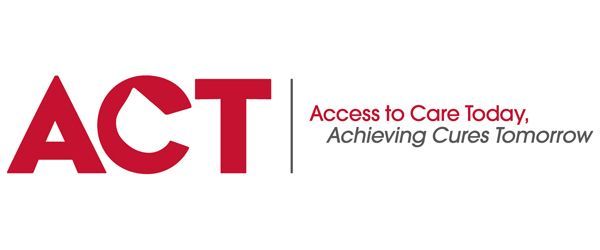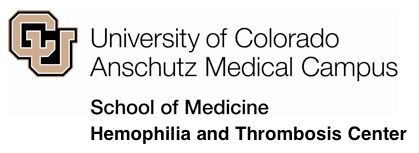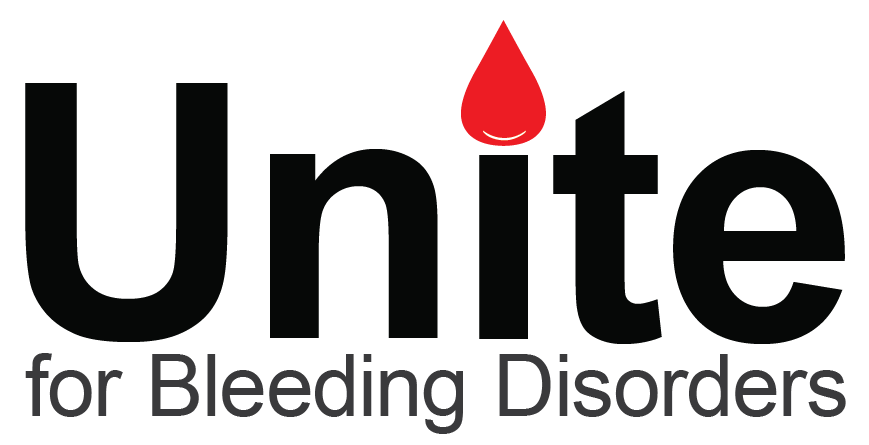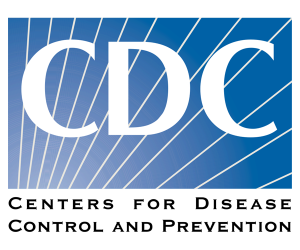To fully achieve our vision, the National Bleeding Disorders Foundation has enacted the ACT initiative to meet the imperative need to build our national capacity to maintain, and achieve where lacking, access to care for people with bleeding disorders. Access to care means:
- Adherence to state of the art standards of care,
- Access to hemophilia treatment centers (HTCs)
- Access to treatment products appropriate for the individual, and
- Adequate reimbursement for these life-saving therapies.
Through this initiative, NBDF and its local chapters will be equipped with the necessary skills and resources to achieve enhanced:
| Government Awareness and Support | Advocate with state and federal authorities to provide access to care that meets state-of-the-art standards of care for people with bleeding disorders. |
| Education for All Life Stages | Provide education and information to train and empower individuals and their families, including underserved populations, to advocate for themselves within the healthcare system, understand their insurance options, and adopt prevention strategies. |
| Access to Care at HTCs and Beyond | Develop supportive services for HTCs to ensure optimal care delivery. Identify, educate and develop relationships beyond HTCs with insurers and healthcare provider networks to better to optimize care for patients with bleeding disorders including access to dental and other specialty services. |
| Research and Training | Provide information and dedicate resources to fund research for a cure, the development of a multidisciplinary team of healthcare professionals who will specialize in the care of people with bleeding disorders, and to address unmet research needs including achieving a better understanding and management of care for those with inhibitors, rare bleeding disorders and women with bleeding disorders. |
| Strong Local Organizations | Assist local organizations to attain state-of-the-art communications capabilities and in the delivery of effective health promotion and wellness programs. Enhance their capacity through collaborative fundraising, training in best practices including staff development and volunteer governance. |












